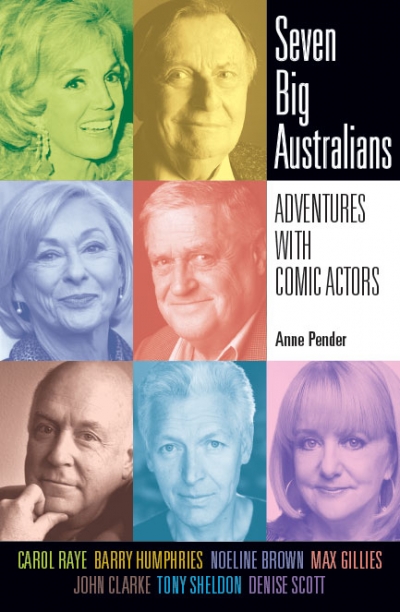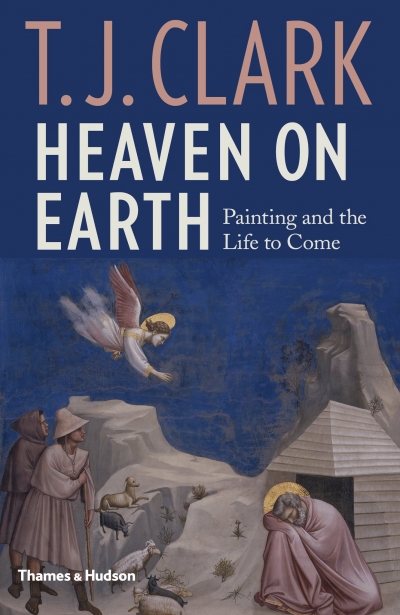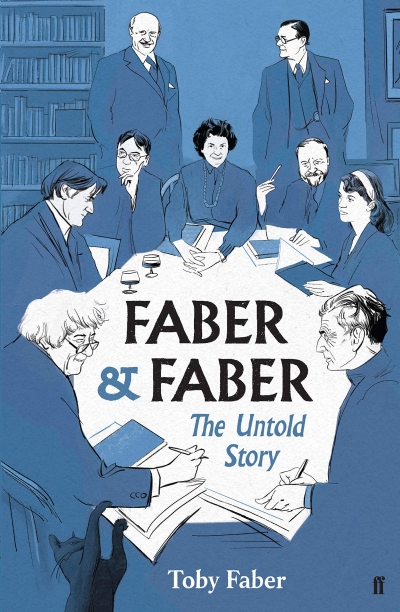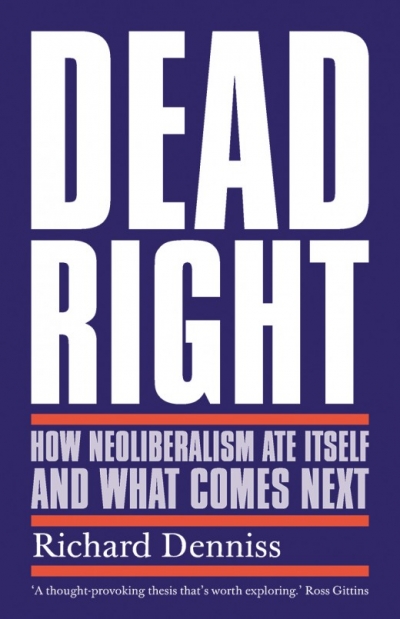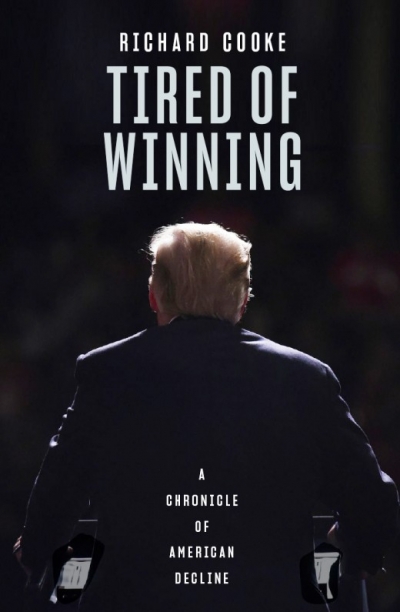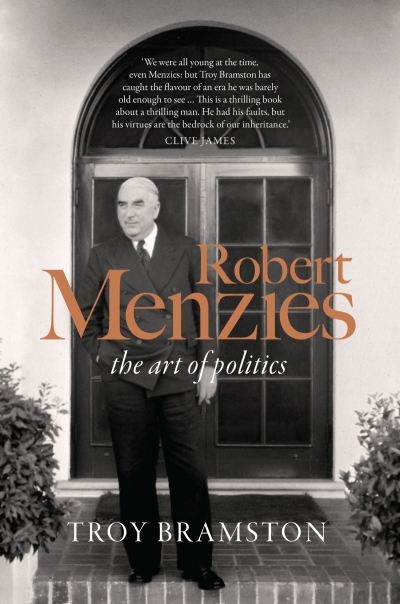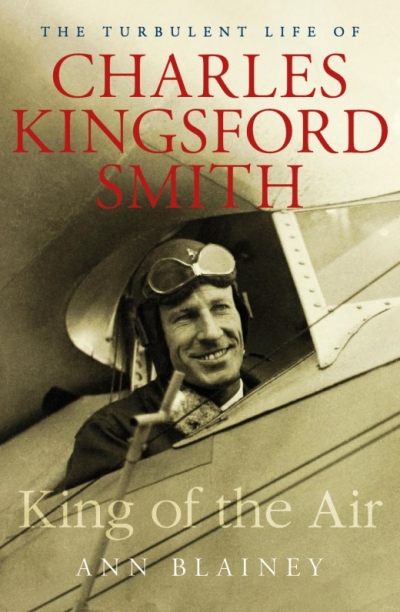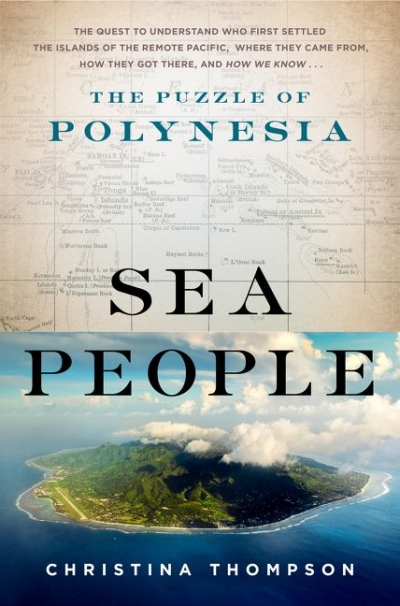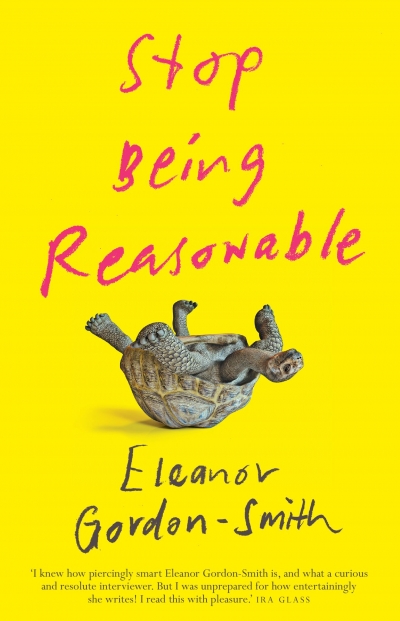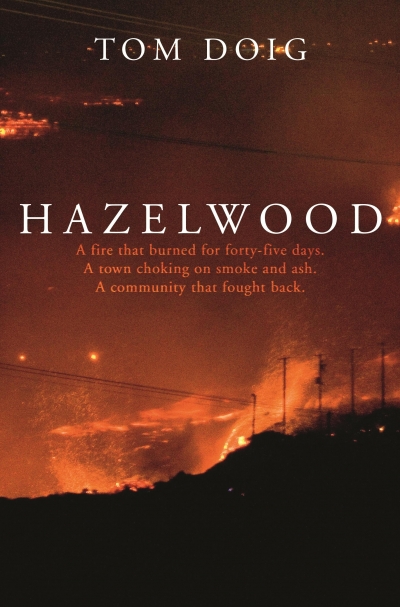Non Fiction
Seven Big Australians: Adventures with comic actors by Anne Pender
Nowadays every second young person seems to want to be a stand-up comic, an occupation that perfectly represents the ‘gig’ economy in its precariousness and occasional nature. Anne Pender gives us mini-biographies of seven Australians who succeeded, often spectacularly, in the risky business of being a comic long ...
... (read more)Heaven on Earth: Painting and the life to come by T.J. Clark
Giotto’s frescoes invite us to ponder the nature of what we instinctively, conveniently, but not very satisfactorily call realism. Compared to the work of his predecessors, these images have a new kind of material presence. Bodies become solid, take on mass and volume, and occupy space ...
... (read more)Faber & Faber: The untold history of a great publishing house by Toby Faber
The ‘untold history’ of Faber & Faber should be a cause for celebration. For so many of us, possessing the unadorned, severe paperbacks with the lower-case ‘ff’ on the spine meant graduation to serious reading: coming of literary age by absorbing the words and thoughts of Beckett, Eliot, Larkin, Stoppard, Hughes, Plath ...
... (read more)Dead Right: How neoliberalism ate itself and what comes next by Richard Denniss
A spectre is haunting Australia, that of neo-liberalism. For the last thirty years, both major parties have subscribed to its tenets in order to propitiate big business. It is an ideology (and language) that dare not speak its name. Instead, from London, from Berlin, from Washington, DC, politicians beat the gongs of ...
... (read more)Tired of Winning: A chronicle of American decline by Richard Cooke
Tired of Winning: A chronicle of American decline by journalist and essayist Richard Cooke begins with the shock of Donald Trump’s election on 8 November 2016. In New York’s Lincoln Square, thousands of Clinton supporters were ‘stunned into silence’ while ‘a posse of drunk frat boys in MAGA caps announced themselves ...
... (read more)King of the Air: The turbulent life of Charles Kingsford Smith by Ann Blainey
People spent a lot of time looking for the pioneering aviator Charles Kingsford Smith. When he disappeared for the final time in 1935 just south of Myanmar, then known as Burma, he was just thirty-eight but felt ancient. Hopeful rescuers came from far and wide, but their efforts were not rewarded ...
... (read more)Sea People: The puzzle of Polynesia by Christina Thompson
When asked to review Sea People: The puzzle of Polynesia, I thought it might be hard work – improving, but not necessarily fun. I could not have been more wrong. The book is a triumph. Exploring the remarkable history of Polynesian migration to the ‘vast triangle stretching from Hawaii to New Zealand to Easter Island’, it is magnificently researched, assured, and elegant ...
... (read more)If you’ve somehow avoided listening to podcasts, you will have missed out on the recent explosion of long-form audio storytelling – and I mean it, you’ve really missed out. The show which pioneered the form, This American Life (TAL), pulls a cool four to five million listeners each week ...
... (read more)Tom Doig’s Hazelwood begins with Scott Morrison proclaiming to Parliament, ‘This is coal. Don’t be afraid … It won’t hurt you’, and concludes, 284 riveting pages later, that ‘the Australian coal industry doesn’t just cause disasters – it is a disaster’. In February 2014, during ‘the worst drought and heatwave south-eastern Australia had ...
... (read more)

